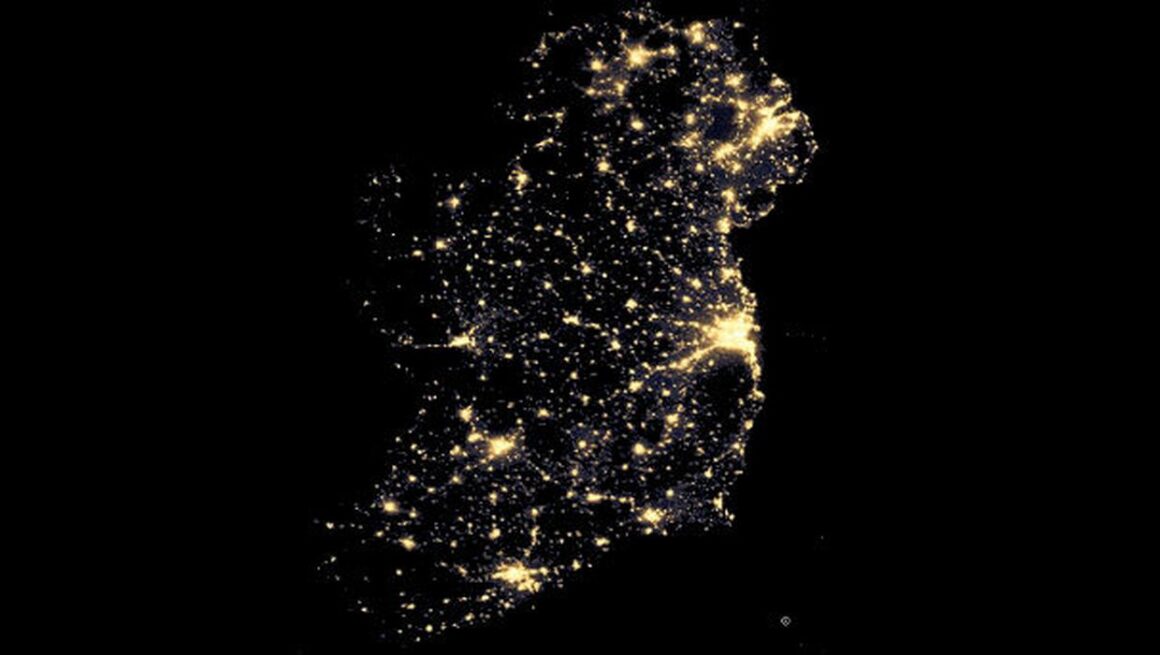By Conor Payne
From 15 April, Bord Gáis will hike its energy bills, by an average of 27% for electricity and 39% for gas. This is the first price hike announced by an energy company in 2022, but others are sure to follow. Already in 2021, there were 35 separate price hikes. The government’s ”solution’’ of a €200 credit on energy bills has proven to be totally inadequate given the severity of the situation.
Of course, these rises in energy prices are only part of a much broader cost-of-living crisis impacting ordinary people. In January, even before the war began in Ukraine, the average household was facing €780 in grocery prices. Petrol prices have risen steeply, and rents have increased 10% since 2020.
Price increases not inevitable
While the horrendous war in Ukraine will undoubtedly worsen the cost-of-living crisis, it is not the reason for these energy price hikes. Energy companies like Bord Gais buy their gas typically six to 12 months in advance on the wholesale market. Bord Gais profits fell 33% in the last year, though they still stand at €33.5 annually. However, the parent company of Bord Gais is UK-based Centrica and it more than doubled its profits to £948 million in 2021.
Energy price hikes are not some natural phenomenon. In the end, they are about energy companies trying to maintain their profits and pass their increased costs onto consumers.
Privatisation disaster
We should not accept this type of profiteering and there should be an immediate freeze in energy prices. Heating and lighting your home is a basic human need and shouldn’t be at the mercy of companies’ drives for profit.
Turning energy over to the private market has been a disaster. Until 2001, the ESB operated as a not-for-profit state company, and electricity prices were consciously kept low. Private for-profit operators therefore couldn’t compete. In 2001, the neo-liberal Fianna Fáil-led government forced the ESB to turn a profit and raise its prices to allow the market to open up to private operators. In 2021, the ESB made profits of €679 million, and energy prices have gone through the roof. If the for-profit approach was ended, the bulk of that €679 million could be used to reduce bills and relieve the pressure on working-class people.
Democratic public ownership
Even before these recent increases, there have been thousands of excess deaths every winter, due largely to fuel poverty. This crisis shows clearly that the capitalist market will always put profit over meeting people’s basic energy needs. We need to nationalise the energy industry — bring it under the democratic control of workers and consumers and organise it to fulfill human need not for profit.
Bringing these companies into public ownership should also be part of a plan to organise a rapid transition from fossil fuels to renewable energy, which is essential to tackle the climate emergency. Renewable energy is much cheaper than fossil fuels and this is part of the reason why the private market doesn’t invest in them sufficiently as they yield lower profits.
Capitalism today offers only declining living standards and a world beset by crisis. We need socialist change, where wealth and resources are in public hands and organised for need not profit.












